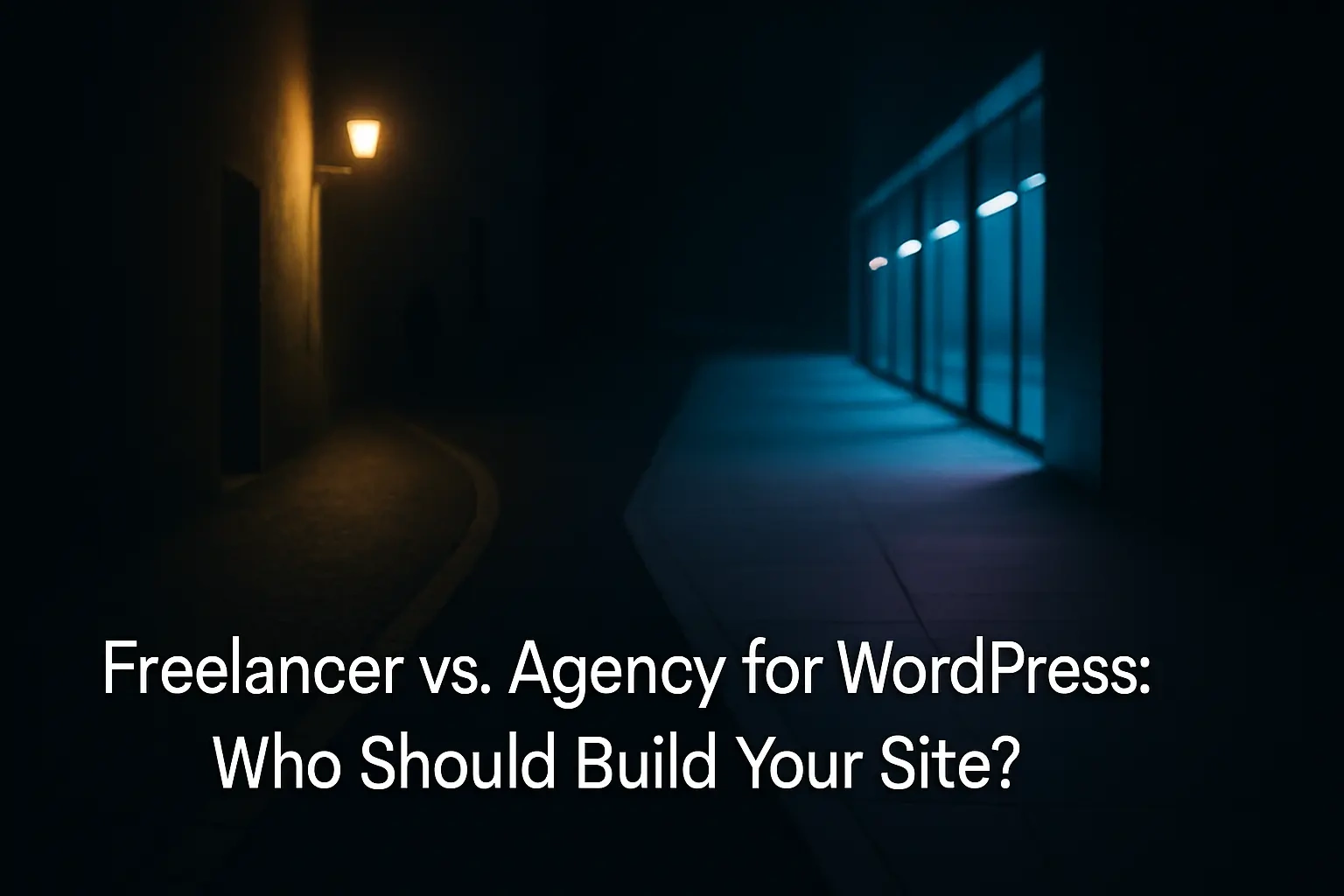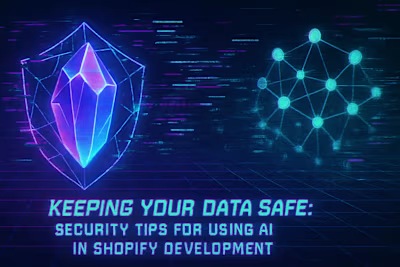Freelancer vs. Agency for WordPress: Who Should Build Your Site?

Freelancer vs. Agency for WordPress: Who Should Build Your Site?
The Case for Hiring a Freelance WordPress Developer
Cost-Effectiveness and Lower Overhead
Direct Communication and a Single Point of Contact
Flexibility and Specialized Expertise
When to Choose a WordPress Development Agency
Access to a Well-Rounded and Diverse Team
Handling Large-Scale, Complex Projects
Ongoing Support and Reliability
Key Differences at a Glance: Cost, Speed, and Scope
Cost Comparison
Project Speed and Turnaround
Scope and Scalability
How to Decide: A Questionnaire for Your Project
References
Freelancer vs. Agency for WordPress: Who Should Build Your Site?
The Case for Hiring a Freelance WordPress Developer
Cost-Effectiveness and Lower Overhead
Direct Communication and a Single Point of Contact
Flexibility and Specialized Expertise
When to Choose a WordPress Development Agency
Access to a Well-Rounded and Diverse Team
Handling Large-Scale, Complex Projects
Ongoing Support and Reliability
Key Differences at a Glance: Cost, Speed, and Scope
Cost Comparison
Project Speed and Turnaround
Scope and Scalability
How to Decide: A Questionnaire for Your Project
References
Posted Jul 6, 2025
Should you hire a freelance WordPress developer or a full agency? We break down the pros, cons, costs, and key differences to help you make the right choice for your project.









